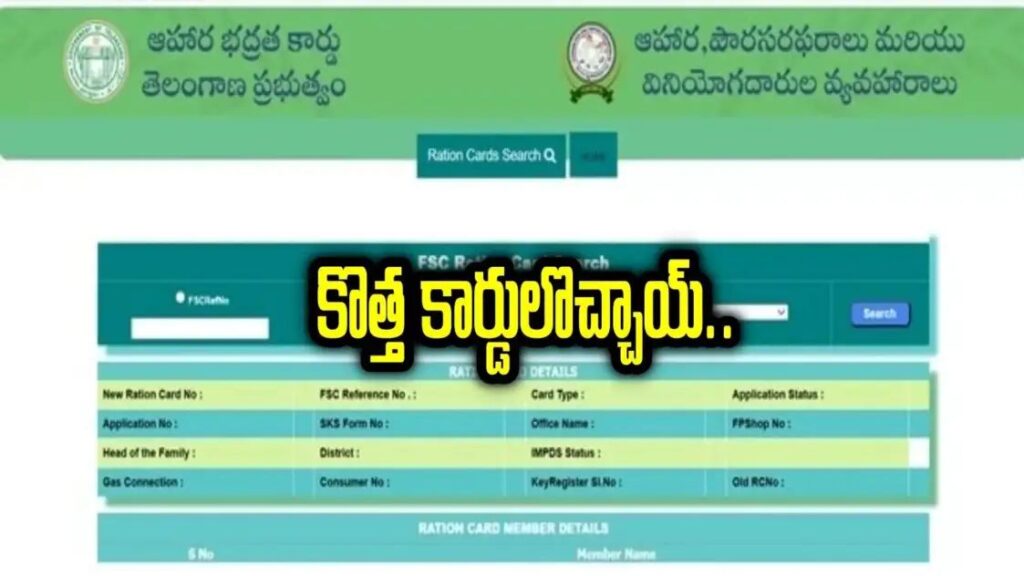In today’s world, financial challenges are increasingly common, primarily due to rising expenses. To manage these challenges, many people turn to bank loans. However, it’s important to understand the responsibilities and potential consequences that come with taking out a loan. Here’s a detailed guide on bank loans, paying EMIs, and what to do if you find yourself struggling to keep up with payments.
1. Why People Take Bank Loans
A. Financial Necessities
With the cost of living increasing, it’s common for individuals to face financial difficulties. Whether it’s for major expenses like education, healthcare, or home improvements, or smaller financial needs, a bank loan can provide the necessary funds.
B. Ease of Access
Banks are often eager to provide loans to individuals who meet their criteria. This is partly because loans are a significant source of revenue for banks through the interest charged on them.
2. Repaying the Loan: The Role of EMIs
A. What is an EMI?
An Equated Monthly Installment (EMI) is a fixed payment amount made by a borrower to a lender at a specified date each month. EMIs are used to pay off both interest and principal every month so that over a specified number of years, the loan is fully repaid.
B. The Importance of Timely Payments
Paying your EMIs on time is crucial. If you fail to make a payment, it can lead to several problems:
- Impact on Credit Score: Missing an EMI payment can negatively affect your credit score, which is a critical factor in determining your future loan eligibility.
- Additional Financial Strain: Delays in payment can lead to late fees, penalties, and increased interest rates.
3. Challenges in Paying EMIs
A. Financial Difficulties
Life is unpredictable, and sometimes unexpected events can make it difficult to pay your EMIs on time. Whether it’s a job loss, medical emergency, or any other financial hardship, these situations can strain your ability to keep up with loan payments.
B. Common Misconceptions
Many borrowers believe that missing an EMI payment can result in severe consequences such as imprisonment or the immediate auctioning of their assets. However, while serious repercussions exist, understanding your rights and the laws can help you manage the situation better.
4. What Happens If You Miss an EMI Payment?
A. Credit Score Impact
As mentioned earlier, failing to pay an EMI will hurt your credit score. This can make it harder to obtain loans in the future or may result in higher interest rates.
B. Legal and Financial Consequences
While missing an EMI is not a criminal offense, it does have legal and financial implications:
- No Imprisonment for Missing EMIs: You will not be jailed simply for missing an EMI payment. However, issues like check bounce could potentially lead to legal consequences.
- Property Seizure: If the loan remains unpaid over an extended period, the bank may auction the collateral (if any). However, by law, the borrower is entitled to any surplus amount after the loan is settled.
5. Your Rights as a Borrower
A. RBI Guidelines
According to recent guidelines from the Reserve Bank of India (RBI), banks and recovery agents must follow certain rules:
- No Harassment: Recovery agents are not allowed to threaten or harass borrowers who have missed EMI payments.
- Proper Notice: Borrowers must be given at least a two-month notice in a language they understand before any legal action is taken.
- Respectful Communication: Recovery agents should maintain a respectful tone and manner when interacting with borrowers.
B. Extending the Loan Period
If you find yourself unable to pay EMIs, you can approach the bank to discuss your situation. Often, the bank may agree to extend the loan period, thereby reducing the EMI amount to make it more manageable.
6. Conclusion: Managing Your Loan Responsibly
Taking out a loan is a significant financial decision, and it’s essential to understand the responsibilities that come with it. Timely payment of EMIs is crucial, but if you find yourself struggling, know your rights and approach the bank for possible solutions. Being informed and proactive can help you navigate financial difficulties without facing undue stress or legal issues.







